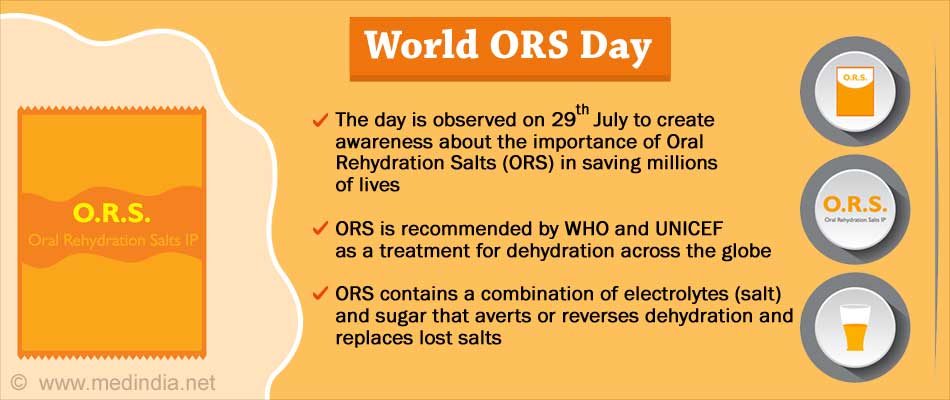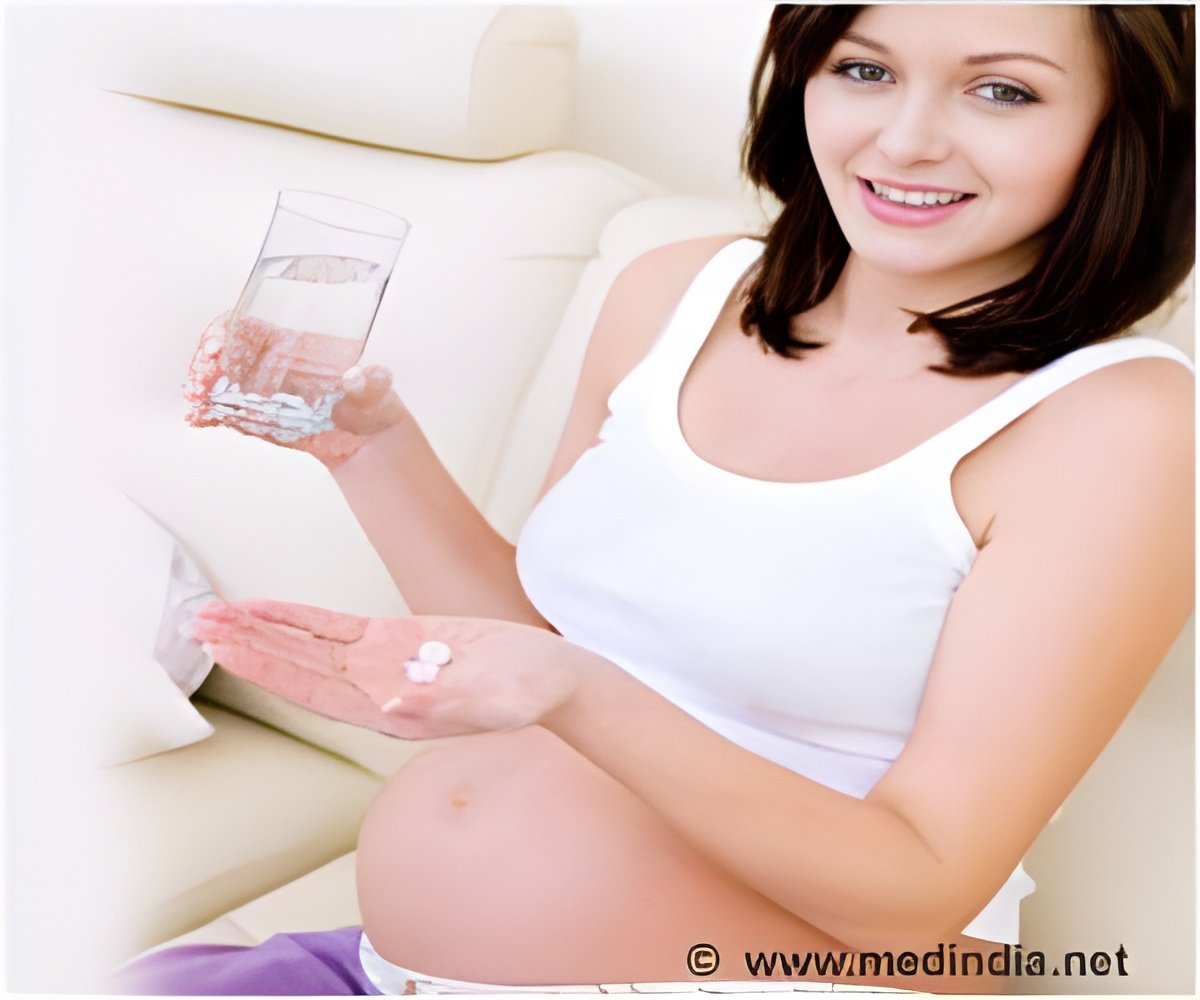ORS day was established by the Indian Academy of Pediatrics in 2001, to lower the childhood diarrhea case deaths, now it is observed across the country.
The World Health Organization (WHO) adopted ORS as the main strategy to combat dehydration caused due to diarrhea in 1978. Until that period,
(IV fluids) was the “gold standard” to treat moderate and severe dehydration.
In India, ORT was developed in the late 1960s by researchers from the International Centre for Diarrheal Disease Research in Bangladesh (then East Pakistan), for the treatment of cholera.
The Indo-Pakistani War of 1971 provoked a public health emergency, cholera to spread in the refugee camps set up to house those fleeing the violence.
In the refugee camps where ORS was being used the death rate was only 3%, compared to 20-30% in those camps using only intravenous fluid therapy.
In 2002, Drs. Norbert Hirschhorn, DilipMahalanabis, David R. Nalin, and Nathaniel F. Pierce were awarded the first Pollin Prize for Pediatric Research, in recognition of their work in developing oral rehydration therapy (ORT).
Between 1980 and 2000, ORT decreased the number of children under five dying of diarrhea from 4.6 million worldwide to 1.8 million- a 60% reduction.ORT is considered as “potentially the most important medical discovery of the 20th century”.
The total production is around 500 million ORS sachets per year, with the children’s rights agency UNICEF distributing them to children in around 60 developing countries.
Oral Rehydration Salts
ORS solution comprises a blend of electrolytes (salts) and sugar in the right proportion to improvewater and electrolyte absorption from the intestine so that it averts, or reverses dehydration and replaces lost salts.
It can treat any case of dehydration caused either by severe diarrhea or heat stroke or any other illness which results in loss of fluids.
According to WHO, diarrhea is defined as a passage of three or more loose stools per day. It is a symptom of gastrointestinal infection.
Acute childhood diarrhea is one of the leading causes of mortality among young children affecting about 1.5 million children.
It is caused due to poor sanitation and hygiene that can result in severe dehydration as it lasts for several days and deprives the body of water and minerals required for survival.
Symptoms to look out for dehydration in children:
- Dry lips
- Little or no urination for at least 8 hours
- Dark-colored urine
- Cold or dry skin
- Acute sleeplessness
- Lack of tears when crying
- Fast heart rate
ORS Dosage
It is available in markets in powder form in sachets and can be made easily at home.
ORS can be taken by the patients as and much required, however, it is recommended to have 200-300ml of ORS after every episode of loose stools.
If the child is vomiting, wait for 10 minutes and give a teaspoonful every 2-3 minutes.
If the child is breastfeeding, continue it along with ORS.
Contraindications to ORS use:
- Long-lasting vomiting despite small, frequent feedings
- Worsening diarrhea and an inability to keep up with losses
Preparation of ORS at Home
- 1 liter clean water (boiled and cooled at room temperature)
- 6 level teaspoon sugar
- ½ teaspoon salt
- Blend the mixture well until the sugar and salt dissolve.
ORS must be stored in a covered container and for not more than 24 hours due to the risk of bacterial infections.
ORS is a lifesaver and functions by replenishing the fluids and electrolytes lost through diarrhea and vomiting. However, in severe cases we should consult the physician.
Awareness
The Indian Academy of Pediatrics has proposed to celebrate ORS day and ORS week from 25th-31st July 2021 with an award competition to make it a great event. The last date for submission of the competition report is 30th November.
References:
- World ORS Day 2020
– (https://www.nhp.gov.in/world-ors-day-2020_pg) - World ORS Day 2020
– (https://iapindia.org/weeks-and-days-celebration/)
Source: Medindia



